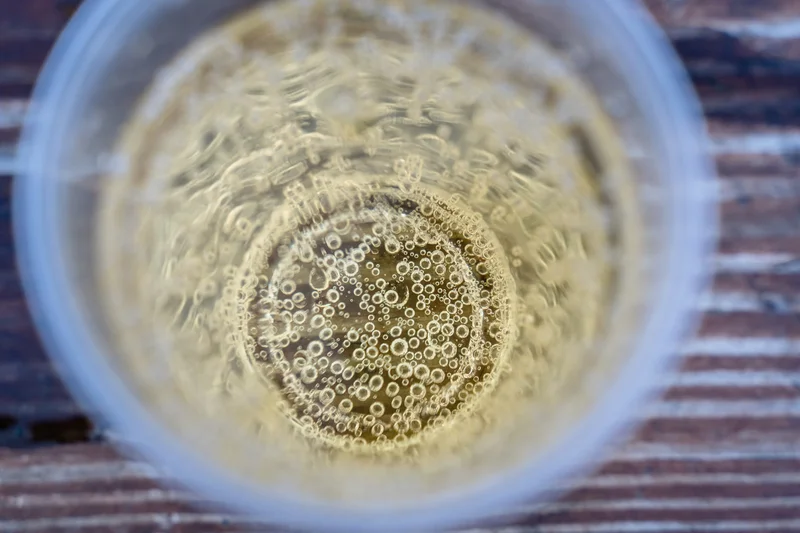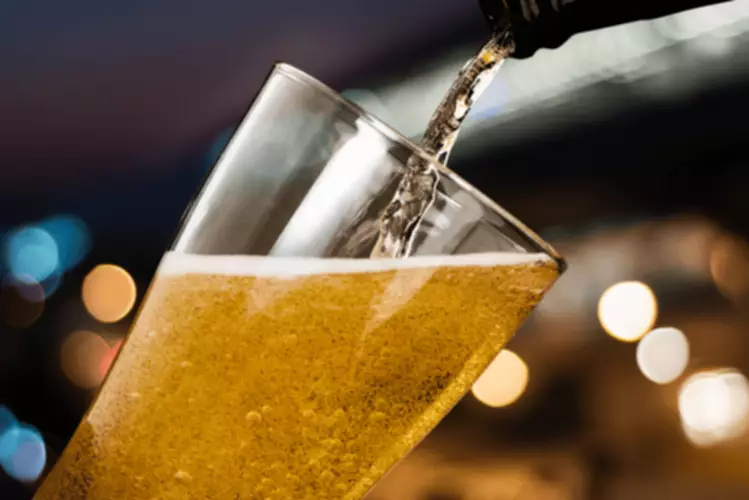
However, only two of the 68 participants have a medically diagnosed allergy. This figure represents people whose symptoms are traceable to what the manufacturers made the product from and its production process, not the alcohol itself. These range from heart and liver damage to a greater risk of certain cancers.
- Drinking with alcohol intolerance causes uncomfortable symptoms, and it also puts you at greater risk for a range of potentially fatal diseases.
- Certain medications and foods can also trigger alcohol intolerance, as they can interfere with the body’s ability to process alcohol.
- Beer contains histamines, sulfites, and other compounds that can trigger sneezing, especially if you have allergies or alcohol intolerance.
- Although an intolerance may cause similar symptoms to allergies, intolerance is not the same as an allergy.
- One of the most common forms of alcohol intolerance is sulfite intolerance.
- Having sluggish ALDH2 enzymes, or lower levels of it altogether, is ultimately the product of having genetic variation in your ALDH2 gene.
Can you be tested for an alcohol allergy? Are there treatments?
Symptoms of intolerance may include itching, hives, swelling, and difficulty breathing, especially when consuming beer, which also contains histamine. Alcohol consumption can lead to sneezing and nasal congestion due to several physiological factors. Firstly, the byproducts of alcohol that aren’t broken down quickly can accumulate, resulting in mild allergic reactions. Secondly, alcoholic beverages, particularly wine, beer, and spirits, contain histamine, a compound known to elicit allergic responses. When alcohol is consumed, it enters the bloodstream and affects blood vessels, causing them to dilate. This dilation can irritate the nasal lining and lead to increased mucus production, contributing to nasal congestion and sneezing as the body attempts to eliminate irritants.
Allergy Treatment
Sinus congestion that clears up within a day or so after drinking alcohol typically poses no cause for concern. You might try switching the type or brand of alcoholic beverage you typically drink or the foods you eat along with your drink to see if you can avoid this unpleasant symptom. The symptoms of a beer allergy or intolerance can be challenging to manage. To find out for sure if beer is the cause, consider ordering a food allergy blood test or an advanced food intolerance test. Food intolerance develops when your body struggles to digest certain foods.
Is it bad to drink alcohol when you have allergies?
This increased sensitivity can lead to a sneeze reflex being triggered, causing you to sneeze. Sometimes beer allergy can be caused by a reaction to an ingredient in the Alcohol Use Disorder beverage such as a chemical or a preservative. Allergic reactions may also be caused by combining beer with certain foods or medications.

One is that alcohol dilates blood vessels in the nose, which can cause irritation and lead to sneezing. Additionally, some people may experience swelling of the lips, tongue and throat. Besides wines, fruits like bananas, kiwi, melons, and grapes can also contain sulfites, though in much smaller amounts. This inflammation can trigger a wide range of symptoms like nausea, vomiting, muscle aches, heartburn, and even headaches. Additionally, alcohol can worsen existing allergic reactions as it suppresses the body’s ability to fight off foreign substances. Signs of an allergic reaction may include nausea, vomiting, hives, and itching.
- She is also an accomplished medical writer and editor, and was formerly a senior medical officer with the U.S.
- In very rare cases, sulfites may cause anaphylaxis, a severe allergic reaction.
- The most prevalent symptoms of alcohol intolerance typically appear immediately after consumption, with skin flushing and nasal congestion being predominant.

Other molds, yeasts, proteins, and ingredients used for wine fining can also be allergens. It is important to be aware of these allergens as they may cause reactions in those who are sensitive. For those with why do i sneeze when i drink alcohol Red Wine Allergies, the symptoms can be quite unpleasant and may last for several hours. In terms of treatment, medications such as antihistamines can help reduce the severity of symptoms in some cases.


For instance, beer and wine contain high levels of histamine, which can also contribute to a runny nose or nasal congestion. Or, maybe you’re sensitive to sulfites or other chemicals in alcoholic beverages, resulting in nausea or headaches. Serious allergies can cause breathing difficulties or anaphylaxis, but thankfully this sneezing after drinking beer is rare. In this post, we’re going to explore the signs and symptoms of beer allergies, how common they are, and what to avoid if you suspect you suffer from one. Beer allergies are a real thing, but they’re not as common as you might think. If you experience negative reactions after drinking beer, it’s more likely a sensitivity or intolerance to certain ingredients like barley, yeast, or hops.
- “Allergic conditions may be genetic but, can happen in people with no family history too.”
- For mild cases of sulfite intolerance, avoiding products with added sulfites may provide relief.
- Serious allergies can cause breathing difficulties or anaphylaxis, but thankfully this is rare.
So, Pepcid may prevent alcohol flush reaction, but it’s a risky strategy. The nickname “Asian glow” comes from the prevalence of alcohol intolerance among East Asians. Approximately 30 to 50 percent of people in this region have an ALDH2 deficiency and are more likely to experience symptoms such as flushing. Specifically, people with alcohol intolerance don’t have enough of the enzyme aldehyde dehydrogenase 2 (ALDH2). This enzyme plays a major role in metabolizing alcohol and eliminating it from the body.
For people with asthma, sulfites present in some alcoholic beverages might trigger respiratory issues such as sneezing or wheezing. The combination of alcohol, histamine, and potential allergens can lead to a challenging experience for those with sensitivities, further complicating the enjoyment of alcoholic drinks. If you experience these symptoms after drinking alcohol, you must see a doctor as you may need to be treated for an allergy. Symptoms of an allergy or intolerance to beer may occur because you have a sensitivity to an ingredient in beer. Common allergens in beer include gluten, histamine, sulfites, and yeast.
